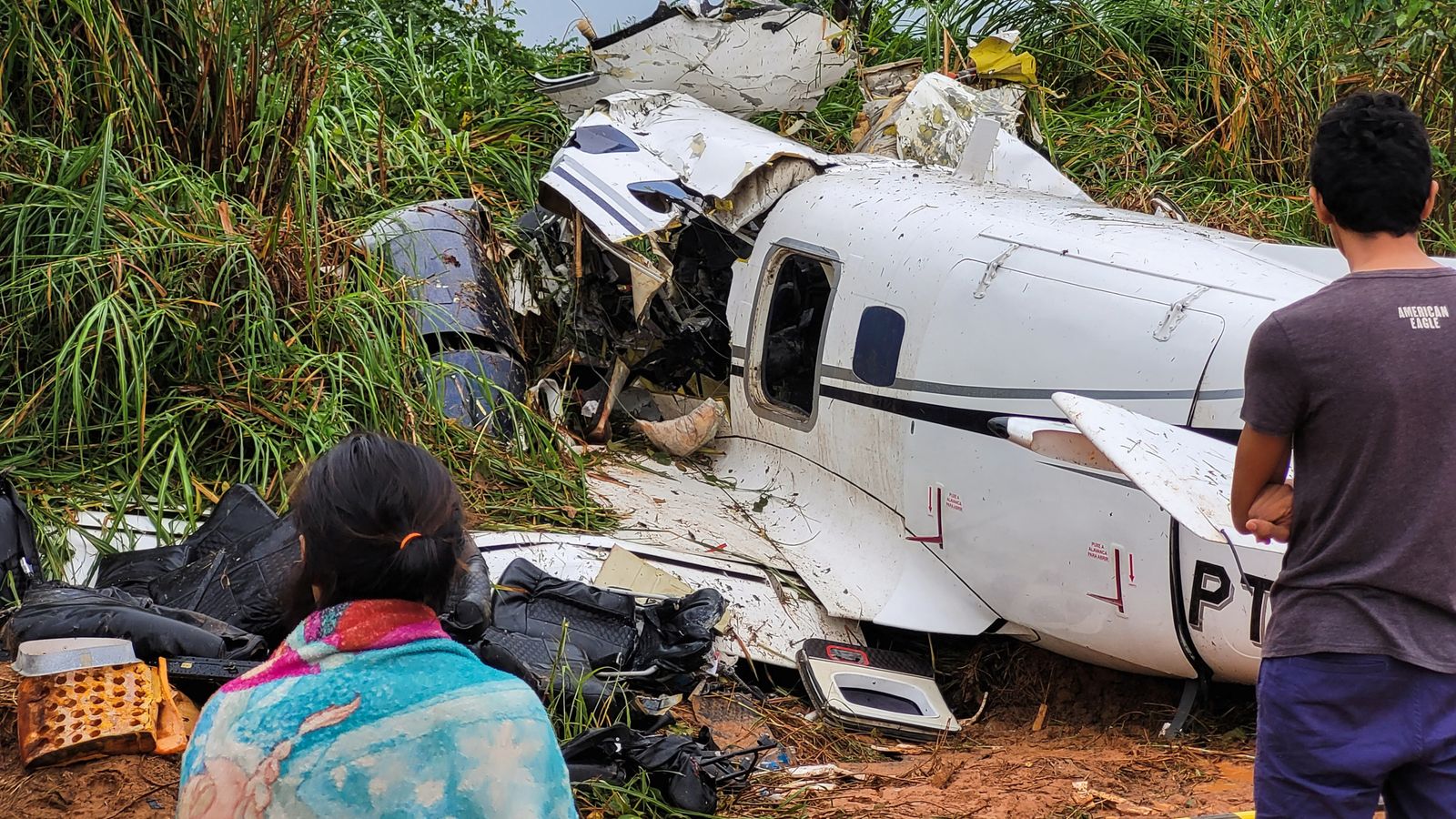Safety Measures and Regulations in Brazilian Aviation: Plane In Brazil Crash

Brazil boasts a robust aviation industry, and ensuring passenger safety is paramount. This section delves into the comprehensive safety regulations and standards enforced by Brazilian aviation authorities, exploring the crucial role of aviation safety agencies in investigating crashes and implementing preventative measures. Furthermore, a comparative analysis of Brazil’s safety standards with international best practices will provide a nuanced understanding of the nation’s commitment to aviation safety.
Brazilian Aviation Safety Regulations
The National Civil Aviation Agency of Brazil (ANAC) is the primary regulatory body responsible for overseeing all aspects of civil aviation in the country, including safety standards. ANAC enforces stringent regulations and standards covering various areas, such as aircraft maintenance, pilot training, air traffic control, and airport infrastructure. These regulations are designed to minimize risks and promote a high level of safety in Brazilian airspace.
Role of Aviation Safety Agencies in Crash Investigations and Preventative Measures
Following an aviation accident, the Brazilian Center for Investigation and Prevention of Aeronautical Accidents (CENIPA) is responsible for conducting thorough investigations to determine the cause of the crash. CENIPA’s investigations are independent and comprehensive, aiming to identify contributing factors and recommend preventative measures to avoid similar accidents in the future.
CENIPA’s findings are crucial in shaping aviation safety policies and practices. The agency’s recommendations often lead to changes in regulations, operational procedures, and pilot training programs, ultimately contributing to a safer aviation environment.
Comparison of Brazilian Safety Standards with International Best Practices, Plane in brazil crash
Brazil’s aviation safety standards are generally aligned with international best practices, particularly those set by the International Civil Aviation Organization (ICAO). However, the country faces unique challenges, including vast geographical distances, diverse terrain, and a rapidly growing aviation industry. These factors require continuous efforts to ensure that safety standards remain robust and adaptable.
- Aircraft Maintenance: Brazilian regulations on aircraft maintenance are generally in line with international standards. ANAC’s oversight ensures that aircraft undergo regular inspections and maintenance to maintain airworthiness.
- Pilot Training: Pilot training in Brazil adheres to stringent requirements, including flight hours and simulator training. These requirements are comparable to those in other countries with advanced aviation industries.
- Air Traffic Control: Brazil’s air traffic control system is considered advanced and efficient, employing modern technology and trained personnel. However, challenges remain in managing the increasing volume of air traffic, especially in busy airspace.
- Airport Infrastructure: Brazil has invested significantly in modernizing airport infrastructure, including runways, navigation aids, and passenger facilities. However, challenges persist in maintaining consistent standards across all airports, particularly in remote areas.
Brazil’s commitment to aviation safety is evident in its robust regulatory framework, comprehensive crash investigations, and continuous efforts to improve safety standards. While challenges exist, the country is actively working to enhance its aviation safety performance and maintain alignment with international best practices.
Plane in brazil crash – The news of the plane crash in Brazil serves as a stark reminder of the fragility of life. Amidst the tragedy, we are reminded of the importance of resilience and hope, qualities that were also on display during the fox presidential debate.
The debate, while focused on policy and leadership, also highlighted the power of human connection and the importance of finding common ground, even in the face of adversity. Just as the survivors of the crash will find strength in their shared experience, we too can find inspiration in the shared humanity that binds us all.
The news of the plane crash in Brazil serves as a stark reminder of life’s fragility. Amidst the sorrow and uncertainty, we seek answers and solace, perhaps in the political discourse unfolding elsewhere. If you’re wondering what time is the presidential debate , it may provide a temporary distraction from the tragedy.
But ultimately, our thoughts remain with those affected by the crash, and we hope for a swift and thorough investigation.
